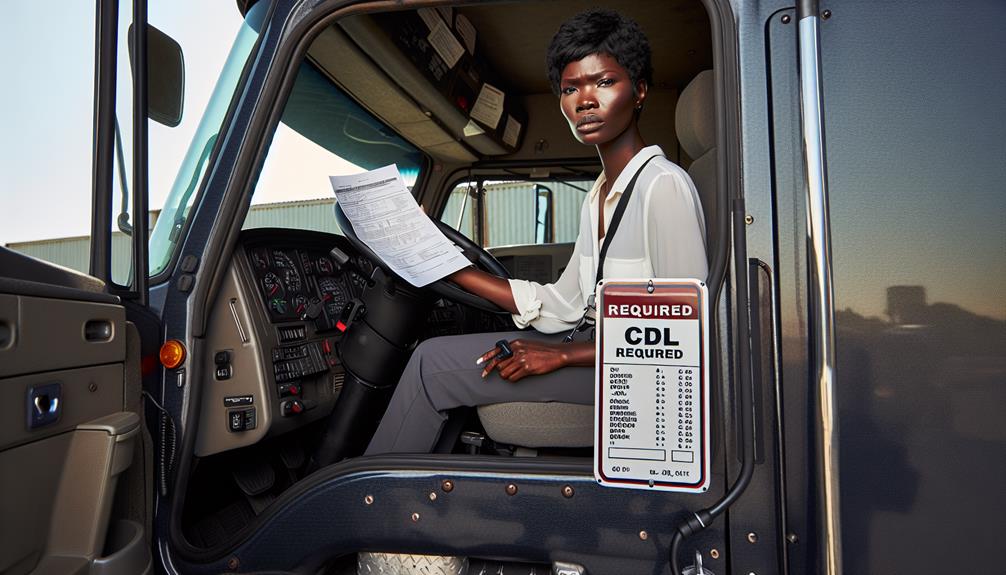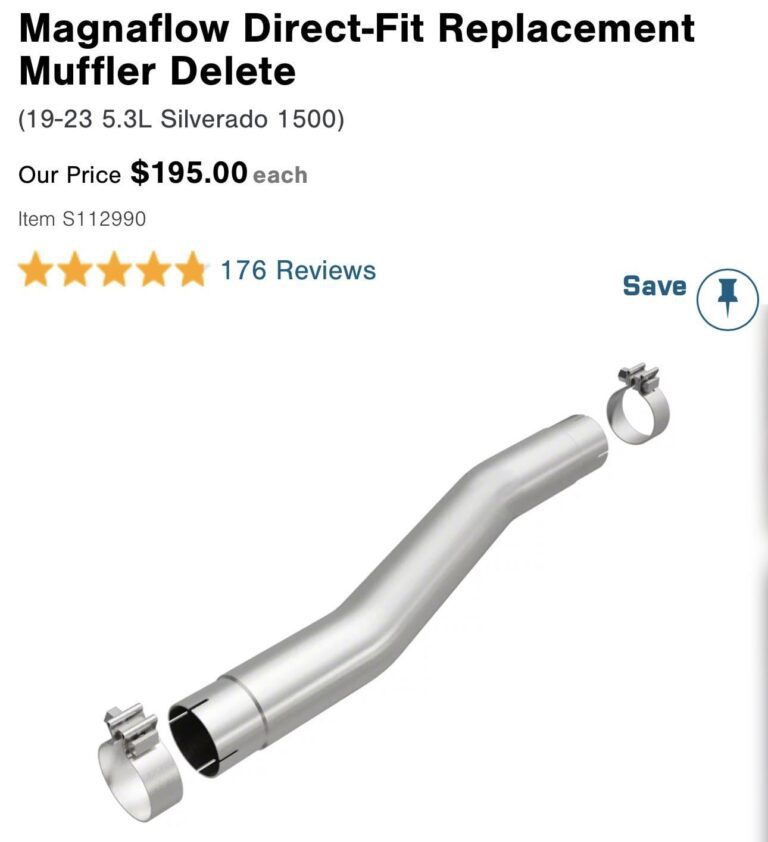How to Determine if You Need a CDL for Private Use
When it comes to figuring out if you need a CDL for private use, navigating the road of regulations can feel like a tangled web. Understanding the fine line between personal and commercial use is key.
But what about those gray areas that blur the distinction? Are there exceptions that could apply to your situation?
Unraveling the complexities of CDL requirements for private use might just save you from unexpected detours down the line.
Key Takeaways
- Consider vehicle weight and purpose to assess CDL need for private use.
- Check state-specific regulations and exemptions based on vehicle characteristics.
- Consult legal professionals specializing in transportation law for CDL clarity.
- Understand distinctions between private and commercial use to determine CDL necessity.
CDL Requirements for Private Use
If you're considering whether you need a CDL for private use, understanding the weight, passenger capacity, and cargo type of your vehicle is crucial. When it comes to CDL requirements for private use, the vehicle weight plays a significant role. Private use vehicles that weigh under 26,001 pounds may not necessitate a CDL. However, if your vehicle exceeds this weight limit and is used for private purposes, you may need a CDL.
Additionally, the passenger capacity and type of cargo your vehicle carries are also essential factors in determining CDL requirements for private use.
To navigate the complexities of CDL requirements for private use, it's important to grasp vehicle classifications and exemptions. Different states may have varying regulations regarding CDL requirements for private purposes, so consulting state-specific guidelines is crucial to ensure compliance. By understanding these factors and staying informed about state regulations, you can accurately determine whether your private use vehicle requires a CDL.
Vehicle Size and Weight Considerations
Considering the weight and size of your vehicle is crucial when determining if a CDL is required for private use. Firstly, check your vehicle's Gross Vehicle Weight Rating (GVWR) to see if it exceeds 26,001 pounds, as this may trigger a CDL requirement.
Additionally, take into account the total weight of your vehicle, including any towed items, to ensure it complies with CDL thresholds. If your vehicle will be transporting hazardous materials, a CDL may be necessary regardless of weight.
It's also important to assess if the passenger capacity of your vehicle falls within CDL classification requirements. Remember to review state regulations as there are specific exemptions based on vehicle use for private purposes.
Private Use Vs. Commercial Use
When distinguishing between private use and commercial use of vehicles, it's essential to understand the key factors that differentiate the need for a CDL.
CDL requirements are primarily based on vehicle weight, passenger capacity, and the purpose of the vehicle, whether it's for business or personal use. If you're utilizing your vehicle solely for personal reasons, you may not need a CDL.
The decision on whether you need a CDL hinges on assessing the intended use of the vehicle and its specific characteristics. Typically, non-commercial use of vehicles for personal transportation exempts individuals from requiring a CDL.
Understanding the distinction between private and commercial use is crucial in determining if you need a CDL, especially when it comes to transportation for personal reasons versus business purposes.
State-Specific CDL Regulations
State-specific CDL regulations vary in their requirements based on factors such as vehicle weight, passenger capacity, and the type of vehicle being operated. When it comes to CDL requirements in Texas, understanding these specific regulations is crucial to determine if you need a CDL for private use.
Here are some key points to consider:
- Texas Exemptions: Private use of RVs for personal purposes is generally exempt from CDL requirements in Texas.
- Gross Vehicle Weight Rating (GVWR): Knowing the GVWR of your vehicle is essential in deciding if a CDL is necessary.
- Compliance Matters: It's important to comply with state-specific CDL regulations to avoid penalties and ensure safe driving practices.
- Varied Regulations: CDL regulations vary by state, so checking Texas requirements is vital.
- Vehicle Type: The type of vehicle you're operating can also impact whether you need a CDL for private use.
Being aware of these factors will help you navigate the state-specific CDL regulations in Texas effectively.
Consulting With Legal Professionals
Engaging legal professionals specializing in transportation law offers invaluable insight into determining the necessity of a CDL for private vehicle operation. Consulting with attorneys who understand CDL requirements and exemptions can help clarify complex CDL regulations. These experts can provide guidance on whether a CDL is required based on the specifics of your vehicle use.
By seeking legal consultation, you can navigate state and federal laws to make informed decisions regarding CDL necessity for private use. Lawyers well-versed in transportation law can assist in assessing your situation, ensuring compliance with regulations while potentially identifying exemptions applicable to your specific vehicle operation.
Therefore, if you're unsure about the CDL requirements for your private vehicle use, consulting with legal professionals can provide the clarity and guidance needed to make informed decisions and avoid potential legal issues.
Frequently Asked Questions
Do I Need a CDL for Private Use in Ny?
You don't need a CDL for private use in NY. Personal vehicles driven for non-commercial purposes can be operated with a regular license. CDL requirements only apply to commercial activities or passenger transport for hire.
What Is a Class a or B License in Texas?
A Class A or B license in Texas distinguishes between commercial vehicles based on weight limits. It's essential for licensing requirements and driving heavy vehicles. Knowing your vehicle's rating helps determine if you need these licenses for personal use.
What Type of License Is a Class C in Texas?
A Class C license in Texas is for driving cars, vans, and small trucks. It's the most common for personal use and doesn't require a CDL. You can't operate commercial vehicles like buses or trucks with it.
What Does Restriction B Mean on Texas Drivers License?
If you spot Restriction B on your Texas license, it signals the need for corrective lenses while driving. Non-compliance leads to fines or license suspension. To shed this restriction, pass a vision test sans corrective lenses.
Conclusion
In conclusion, determining if you need a CDL for private use depends on various factors such as vehicle size, weight, and intended use.
Remember to research state-specific regulations and consult with legal professionals if needed.
Stay safe and stay informed to ensure compliance with CDL requirements for your private usage.


